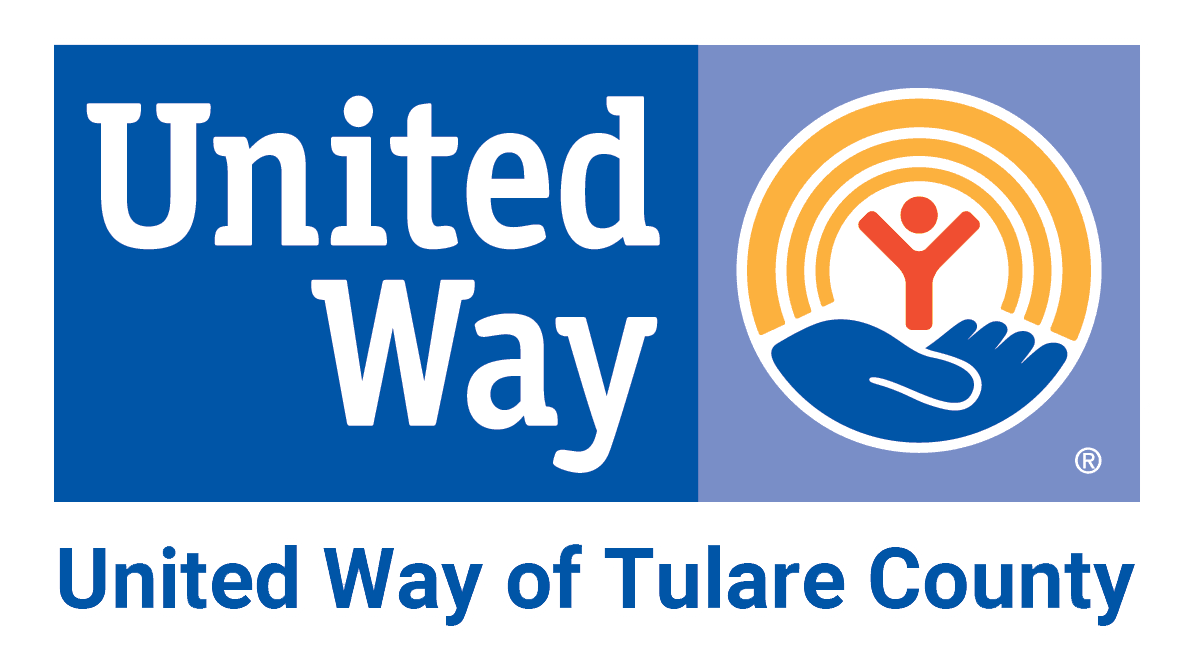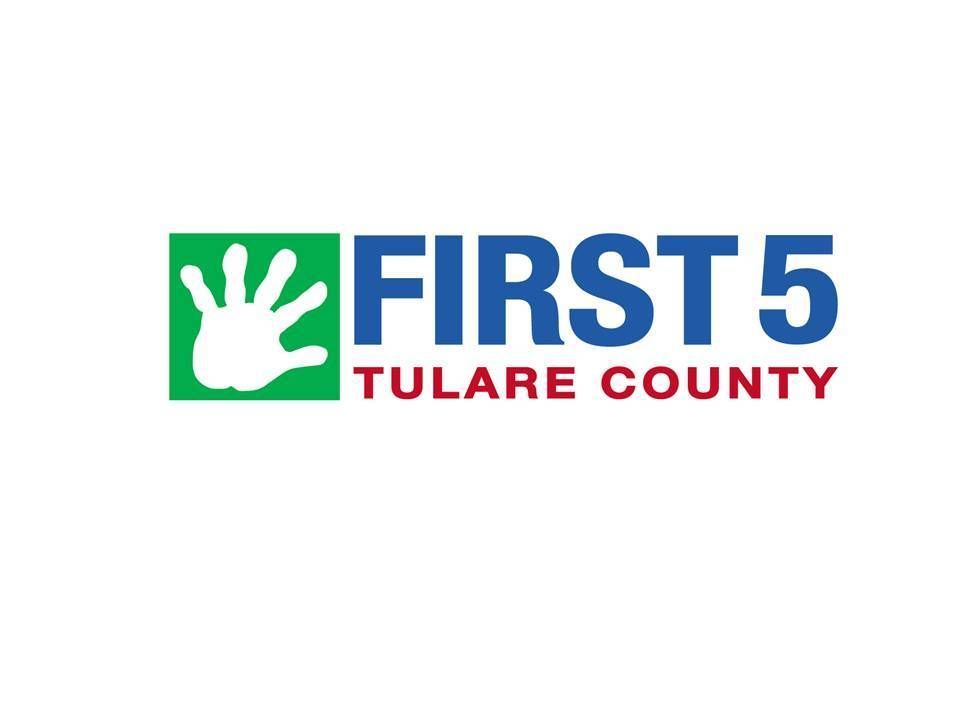
Connecting individuals and families with resources and wrap-around services that promote safety and housing stability.
A place to call your own, a place to live in safety. These are moments many of us take for granted, yet they are precisely the experiences our Supportive Housing team strives to create for others. Through our Supportive Housing Program, we offer permanent supportive housing and case management services for individuals and families facing chronic homelessness and managing challenges such as disabilities, mental health issues, substance abuse, or HIV/AIDS. Additionally, our transitional housing services provide a 12-18-month program for survivors and their families fleeing domestic violence, and other forms of victimizations. Here, we offer pathways to educational opportunities and a range of supportive services. Partnering with community organizations and local shelters, we work collaboratively to identify survivors across Tulare County who need short term housing, helping them heal from trauma and thrive in safe and healthy environments. Over the past year, our Supportive Housing team has been able to help local families experience hope and regain stability.
Ruby is a strong, motivated client. She received services through an Emergency Housing Voucher and utilized our counseling groups by attending Domestic Violence support groups. Ruby recalls how hard it was to have the courage to ask for help. “I went to the Navigation Center office. I asked for counseling help but after meeting with a navigator to sign up, I was told about the housing program and other services. I decided to take the leap and try it.” Little did Ruby know taking the chance on counseling services, would enable her with the tools and resources to leave what would soon become an unsafe environment at home. “I remember when she came in, with a bruise on her face. Before I said anything, she told me she needed to leave.” - Karen C., Supportive Housing program manager. Ruby recalls a special moment that will forever stay with her, “I walked into my new apartment for the first time. I was so excited.” The moment she stepped into her new home, she created a plan with the support of her new case manager. “I researched mental health resources and got the right medications to control my situation. I obtained employment and attended a DV support group. My case manager was always there to provide food boxes, and moral support and help me find solutions and services to meet my needs,” Ruby shared. Program manager Karen recalls when Ruby got her new job: “Seeing her become a new level of self-sufficient, was such a special moment to see. Not only were we able to walk alongside Ruby, but we helped connect her with organizations for programs we may not provide.” Karen adds, “Once we help clients learn about the available resources, they can share them with others, and everyone can get the help they need or at least have a starting point in their healing journey. That creates a safer community for all.”
Kassie ~ While staying at a neighboring shelter and opening up about the abuse she recently endured, Kassie was encouraged to reach out to Family Services’ domestic violence hotline. The advocate who answered Kassie’s phone call, listened to her situation and informed her that there was a safe place for her to go, where she could stay and receive the specialized support that she currently needed. Once settled into Karen’s House, FSTC’s emergency domestic violence shelter, Kassie felt immense relief and safety. This would be her new temporary home, where she did not have to worry or be fearful of what would happen next. Kassie received counseling services during her stay, and once she felt more established, she began to look for a more permanent place to call home. With the help of Family Services’ Supportive Housing team, Kassie found a home that she could call her own.
Our staff was delighted to guide her through the move, and help make the new place feel comfortable, and welcoming—equipping her with furnishings, cleaning supplies, and other essentials. Now, Kassie rejoices in celebrating holidays with her children, whom she was reunited with, free from worry about what might happen next. Together, they have a safe haven—a place where no one can invade their personal space. It’s theirs, unconditionally. Kassie also now makes time to give back by volunteering and sharing her story with others to give them hope.
“Having our supportive services have helped keep her clean and sober, it has also allowed her to connect with her kids and connect with others to give back in the ways she once needed. They can now focus on the positive things in life, when she doesn’t have to worry about hygiene products or food. Even though they still worry, they can live with peace and know that their life is full of peace now.” – Liz B., Supportive Housing Case Manager.
Family Services is proud to have staff that cares, encourages, and provides adults and children with wrap-around services that start the journey of hoping, healing, and thriving.
For more information regarding county-wide housing programs, call 211 Tulare County (2-1-1) to get in touch with the nearest housing navigator. For more information on FSTC Programs, please contact our Service Navigation line at 559-741-7310.



